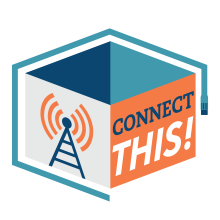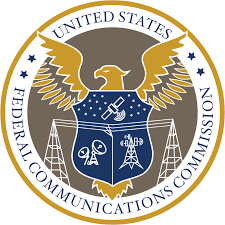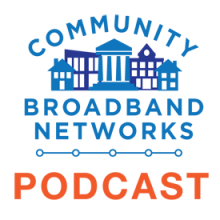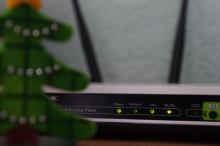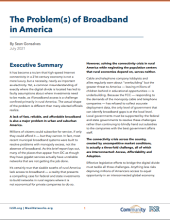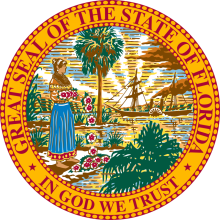Project Kuiper, Fixing Urban Mobile, and Kentucky Wired | Episode 113 of the Connect This! Show

Catch the latest episode of the Connect This! Show, with co-hosts Christopher Mitchell (ILSR) and Travis Carter (USI Fiber) joined by regular guests Kim McKinley (TAK Broadband) and Doug Dawson (CCG Consulting) to talk about all the recent broadband news that's fit to print. Topics include:
- The first launch of Amazon's Project Kuiper Low-Earth Orbit Internet access satellite constellation
- The FCC losing (or maybe not?) it's ability to levy fines
- The importance of getting construction right
- Fixing urban cell phone coverage
- Kentucky Wired lawsuit between state-owned network and its operational partner
Join us live on May 2nd at 2pm ET, or listen afterwards wherever you get your podcasts.
Email us at broadband@communitynets.org with feedback and ideas for the show.
Subscribe to the show using this feed or find it on the Connect This! page, and watch on LinkedIn, on YouTube Live, on Facebook live, or below.


